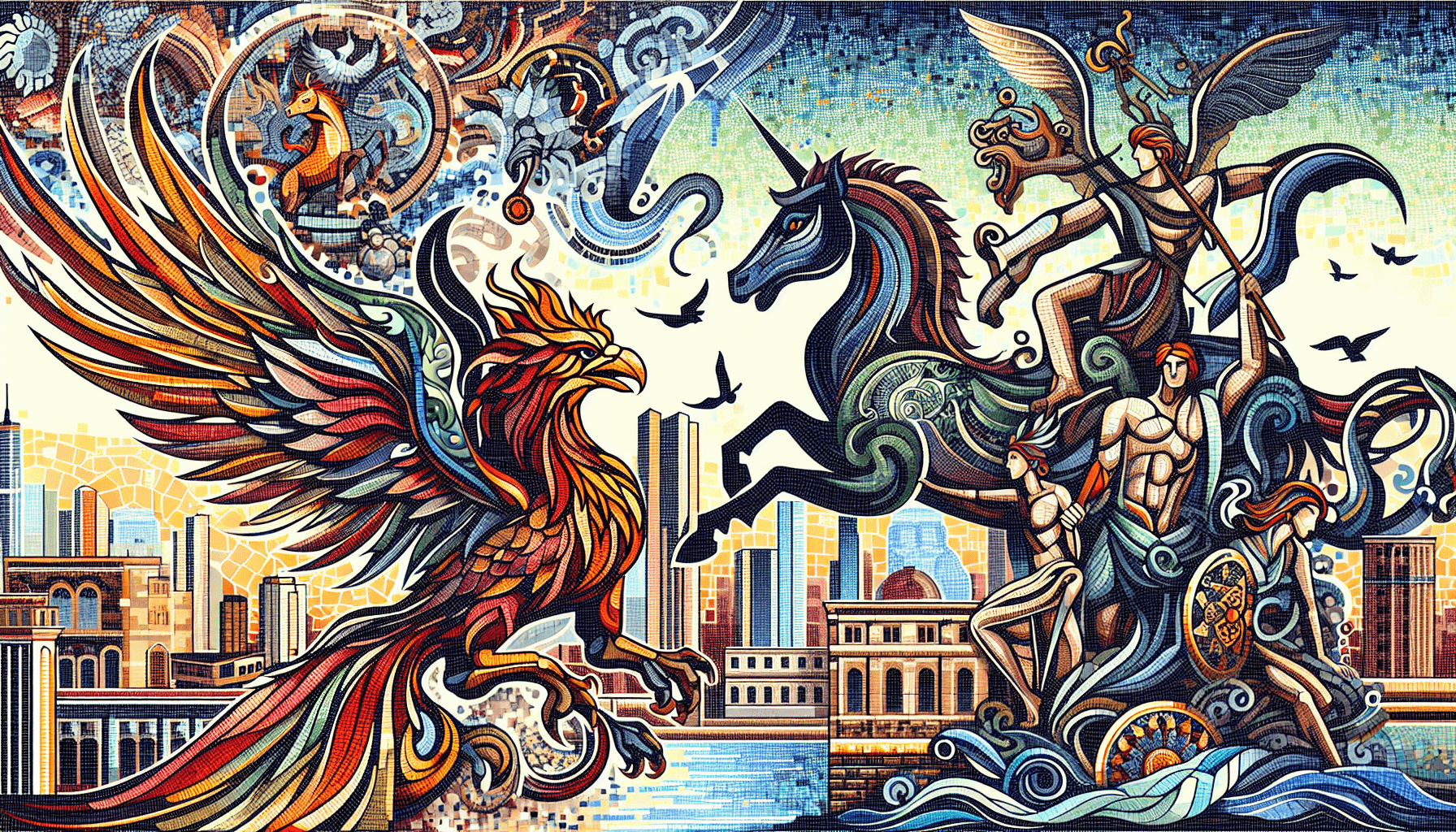Welcome to the fascinating world of Turkish myths and their impact on modern culture. Turkish myths, with their rich storytelling and symbolic meanings, have greatly influenced various aspects of modern culture, from literature and art to music and even film. These ancient tales have woven themselves into the fabric of society, shaping our beliefs, values, and imagination. Join us on a journey as we explore the enduring legacy of Turkish myths and their continuing influence on the world around us. Have you ever wondered about the origins of some of the stories and beliefs that shape modern culture? The myths and legends of ancient Turkey have had a significant impact on many aspects of our lives today. Let’s dive into the fascinating world of Turkish myths and explore their influence on modern culture.

